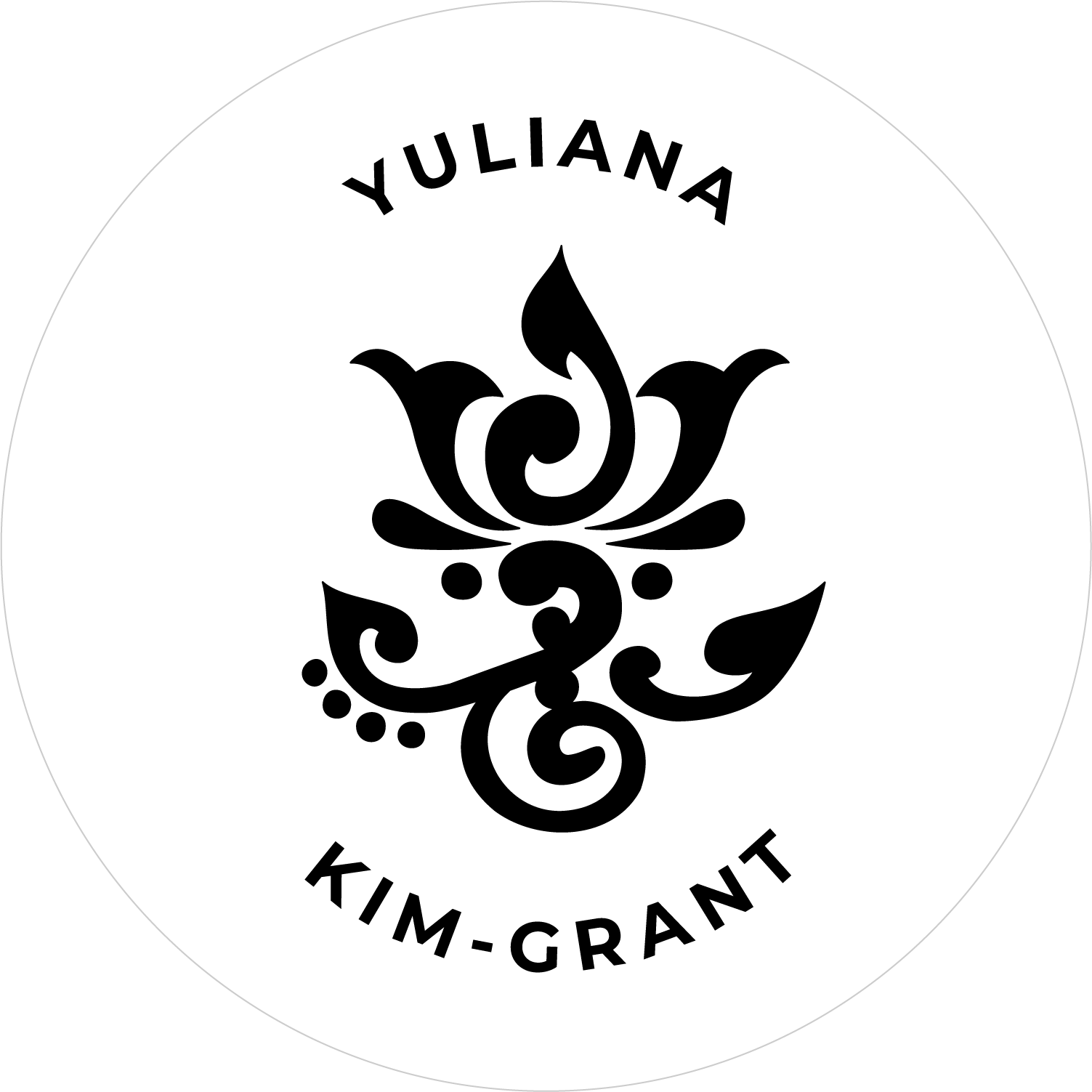WHY?
Last month’s mantra of “Enjoy the questions as much as the answers,” felt prescient after my recent relapse of my depression. It’s hard to enjoy the question of “why”, or worse, the lamentation of “why me” when you feel your suffering is singular. Instead of falling easily into the victimhood of my own disease by lingering on obsessing over elusive answers to the universal “why,” I have been spending the time examining how “why” can become the road signs, flashing its warning before I fall off of the cliff and when nothing or no one is able to keep me upright any longer.
A physiological reality when my depression has settled and made itself at home is how disconnected I am to my own body. The first telling sign of this disconnection is my loss of appetite, which is not a very strong, overwhelming signal normally. Whatever faint appetite signals my body would send normally, evaporates completely once the depression begins. As I thought about this very clear warning that not all is well, I realized how I had had no appetite for the past couple of months.
As a child, I never wanted to eat, much to my mother’s distress. When she talks about this even now, her PTSD is visible in her recounting of this challenge as the mother of a small child. The only way I would eat is by her leaving a bit of rice wrapped in toasted seaweed, now very popular as a healthy snack. She would place these small bits of seaweed and rice around the house. As I played I would, every so often, pick up one piece and put it into my mouth. She said I would chew this tiny bite of food forever, usually taking so long to swallow that she would have to yell at me to do so.
As I got older, I finally started to sit down for meals, even if my appetite had not increased noticeably since I still ate tiny amounts, chewing forever, usually my mom yelling at me before I would swallow.
As an adult, my appetite has never been large, which is interesting since I love to cook and I love food, or as I think about it now, my love of food is as much about the food, but more about the social connections I associate with food. I eat three meals because I know I should, never because I am hungry. If my body does send hunger signs, that is a sign that I had skipped too many meals.
This is a terrible thing to admit, but I can never finish an entire dish. As a child my mother only forced me to finish everything on my plate only one time. In the PTSD retelling, she said after I finished every last bite with her hovering, I promptly threw up everything I had been forced to eat. Therefore I’ve spent most of my life not ever finishing everything on my plate since my mother never forced me to. She could never use the favorite parental threat to make you feel guilty of, “Think about the starving kids in Africa” since the repercussions were much worse than the thought of wasted food.
When I am eating as normally as I eat, I love the idea of whatever I think I want to eat. After a bite or two, I am satiated or bored of whatever it is that is sitting in front of me. This might explain why the emergence of tapas-style dining suited me so perfectly since it enabled me to graze bits of many types of foods. It also helped mask my small appetite since tapas is shared by others. If I do finish something, it is because it is something I love and don’t get to eat regularly or I’m hungry, which, again, is a sign I had skipped too many meals. The last time my depression was so severe that I ended up hospitalized, I had lost so much weight that people probably thought I had an eating disorder or was sick. The sign that I am feeling well is when my weight is healthy and people tell me I look healthy.
As I tried to enjoy the ‘why’ instead of obsessing over the answer to the many mysteries of my disease, I have been able to see how my appetite, or the lack thereof, can become part of the answer to that question, serving as a warning for me to beware, to taking note that greater awareness needs to be paid, so that I am able to manage my illness with the attention it needs.

